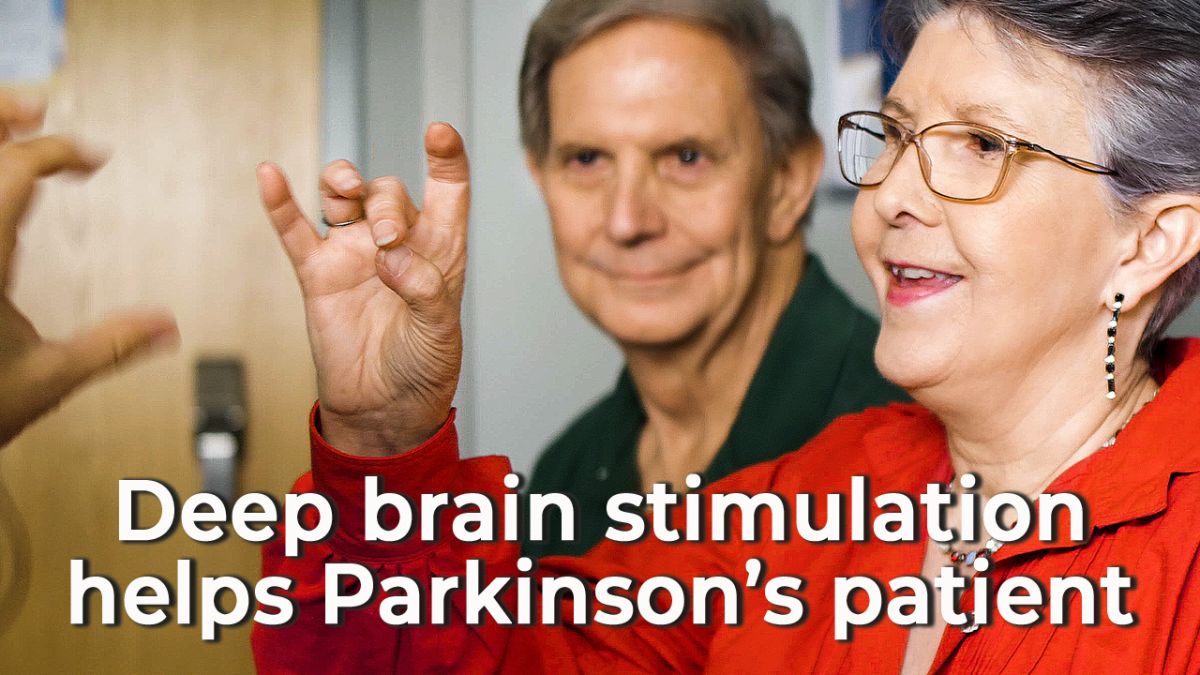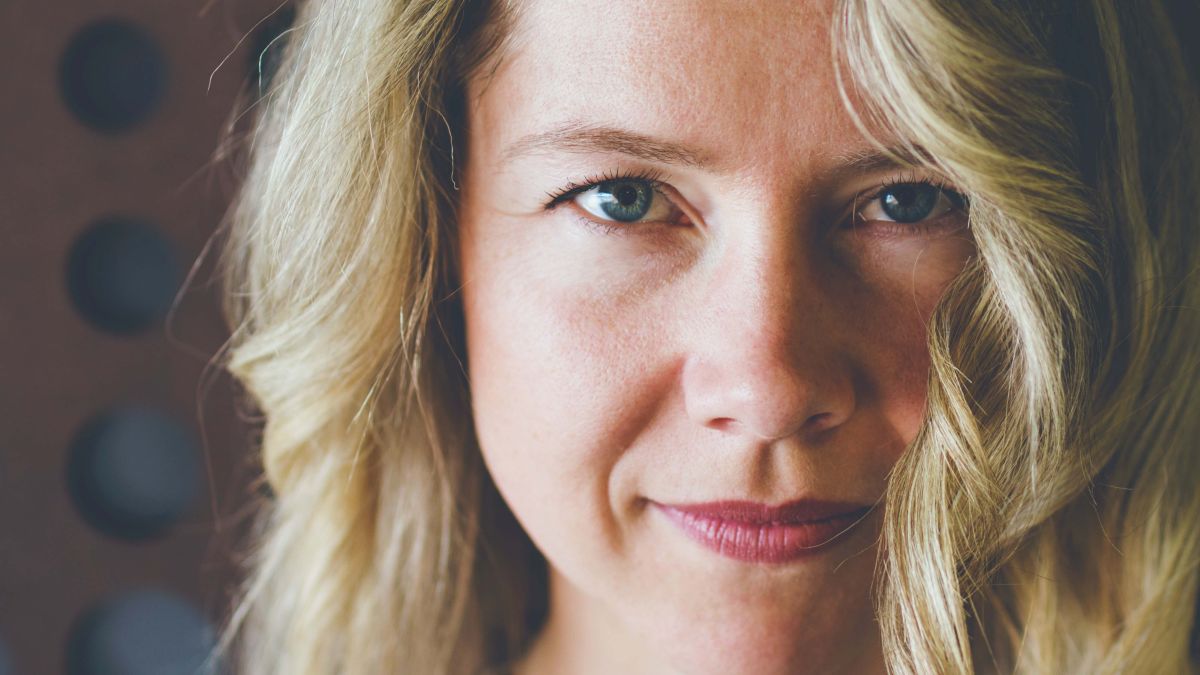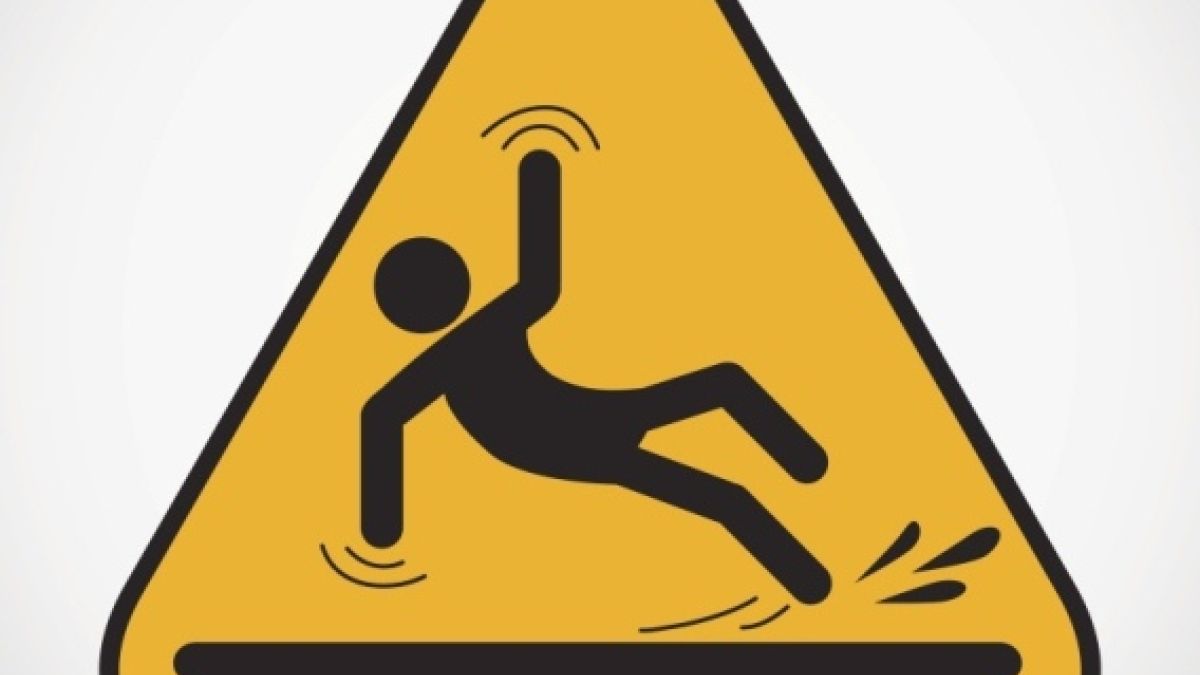Why choose Ochsner Health for movement disorder care?
Movement disorders cause abnormal movements that can affect nearly every aspect of life. These neurological conditions can disrupt your ability to perform everyday tasks, such as eating and dressing, and interfere with the activities you love. At the Ochsner Neuroscience Institute, we know that hope comes from having a plan. That’s why the neurology and neurosurgery experts in our Movement Disorders Program provide advanced, customized treatment to patients in Louisiana, Mississippi and beyond. This isn’t one-size-fits-all care — it’s designed just for you.
Comprehensive, patient-centered care is only possible with an outstanding team, and that’s what you’ll find at Ochsner Neuroscience Institute. Our multidisciplinary team includes fellowship-trained, board-certified movement disorders neurologists and a fellowship-trained, board-certified functional neurosurgeon. These experts collaborate to deliver treatments to help you meet your goals and enjoy the best quality of life possible.














